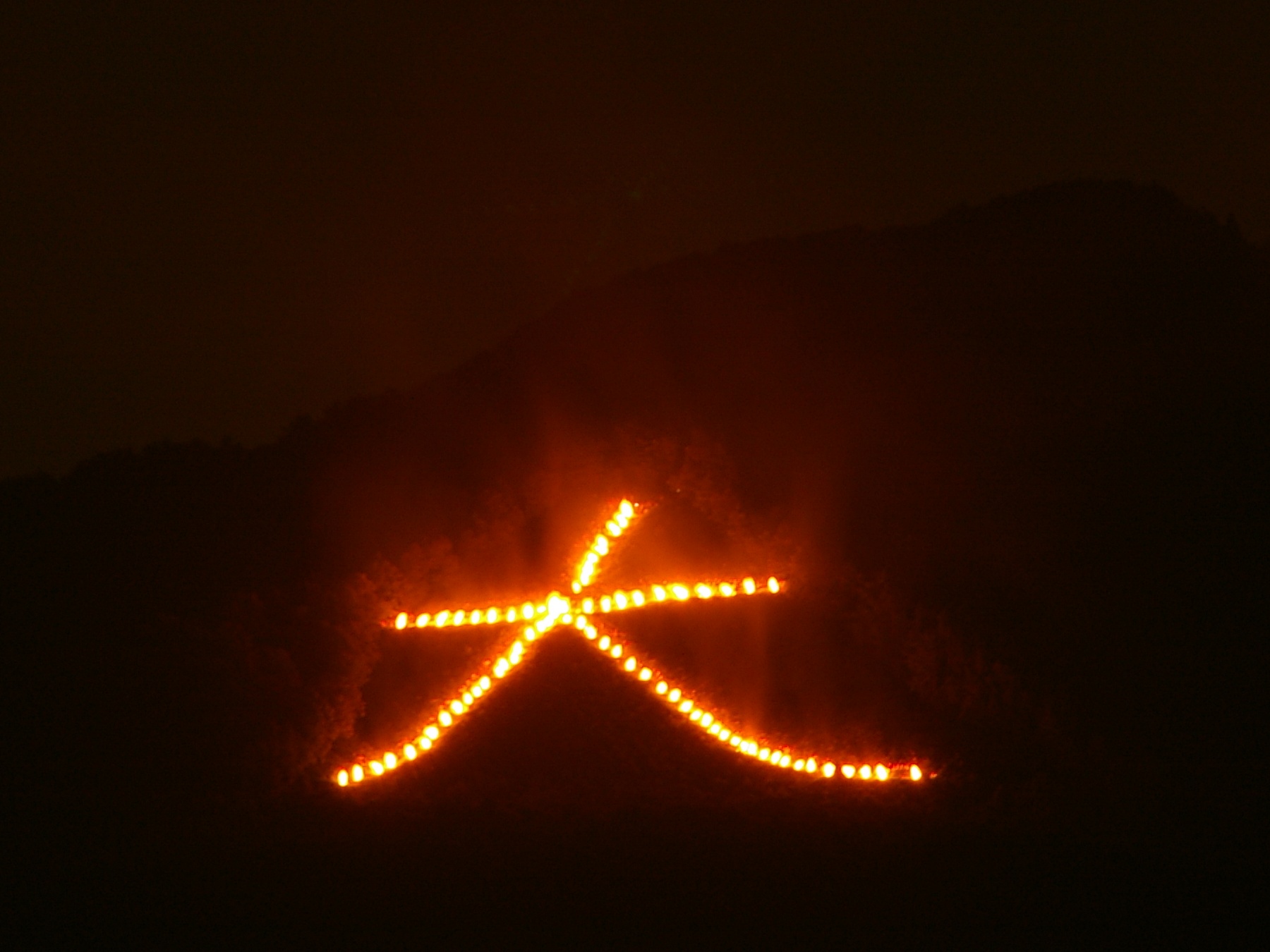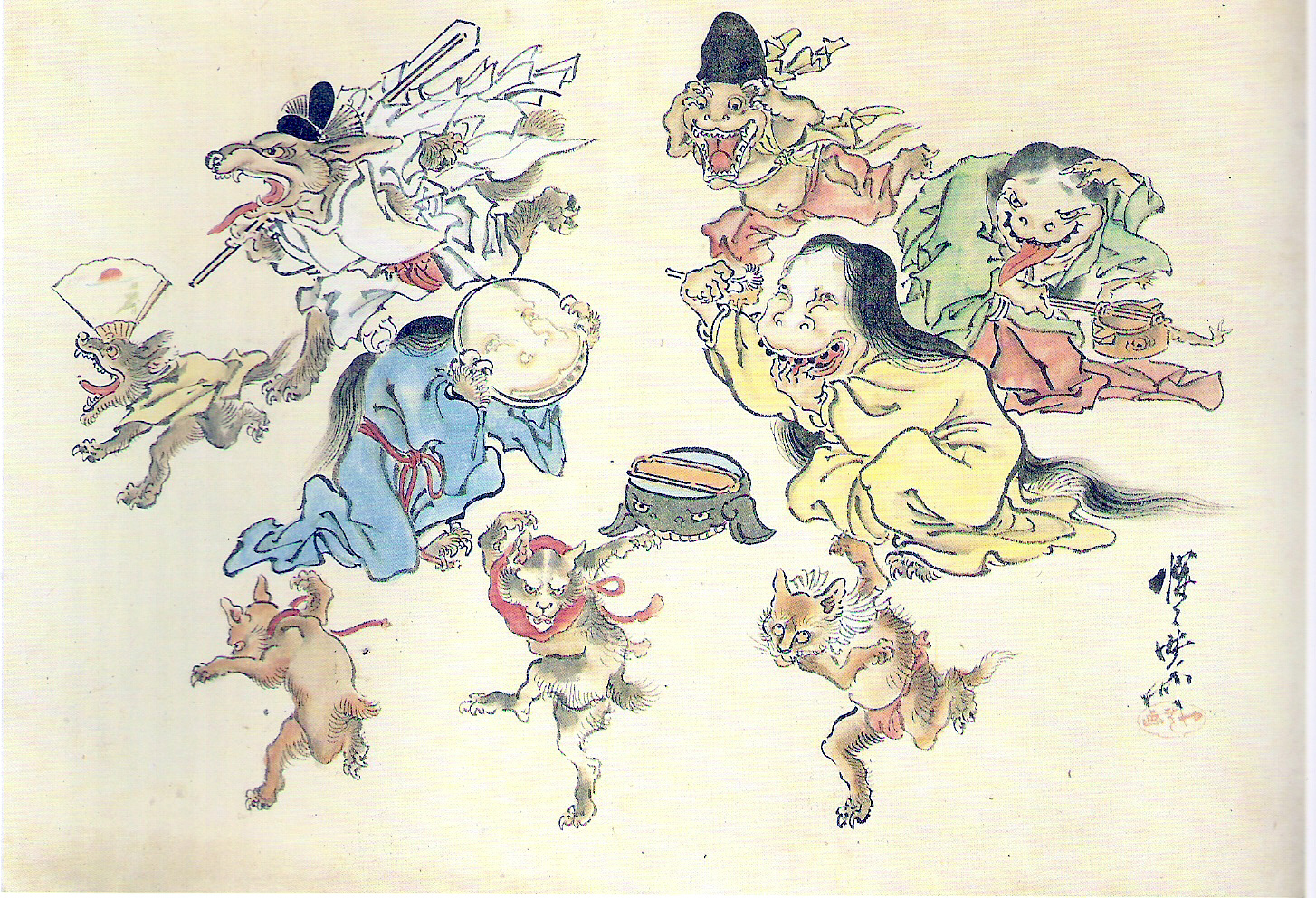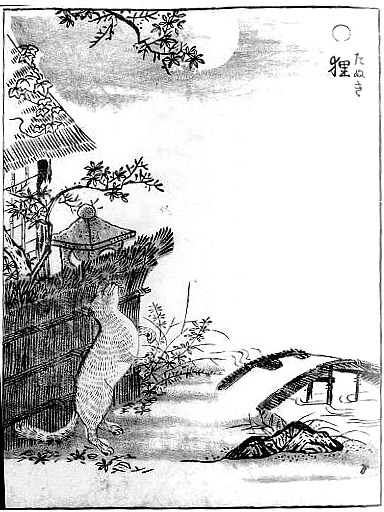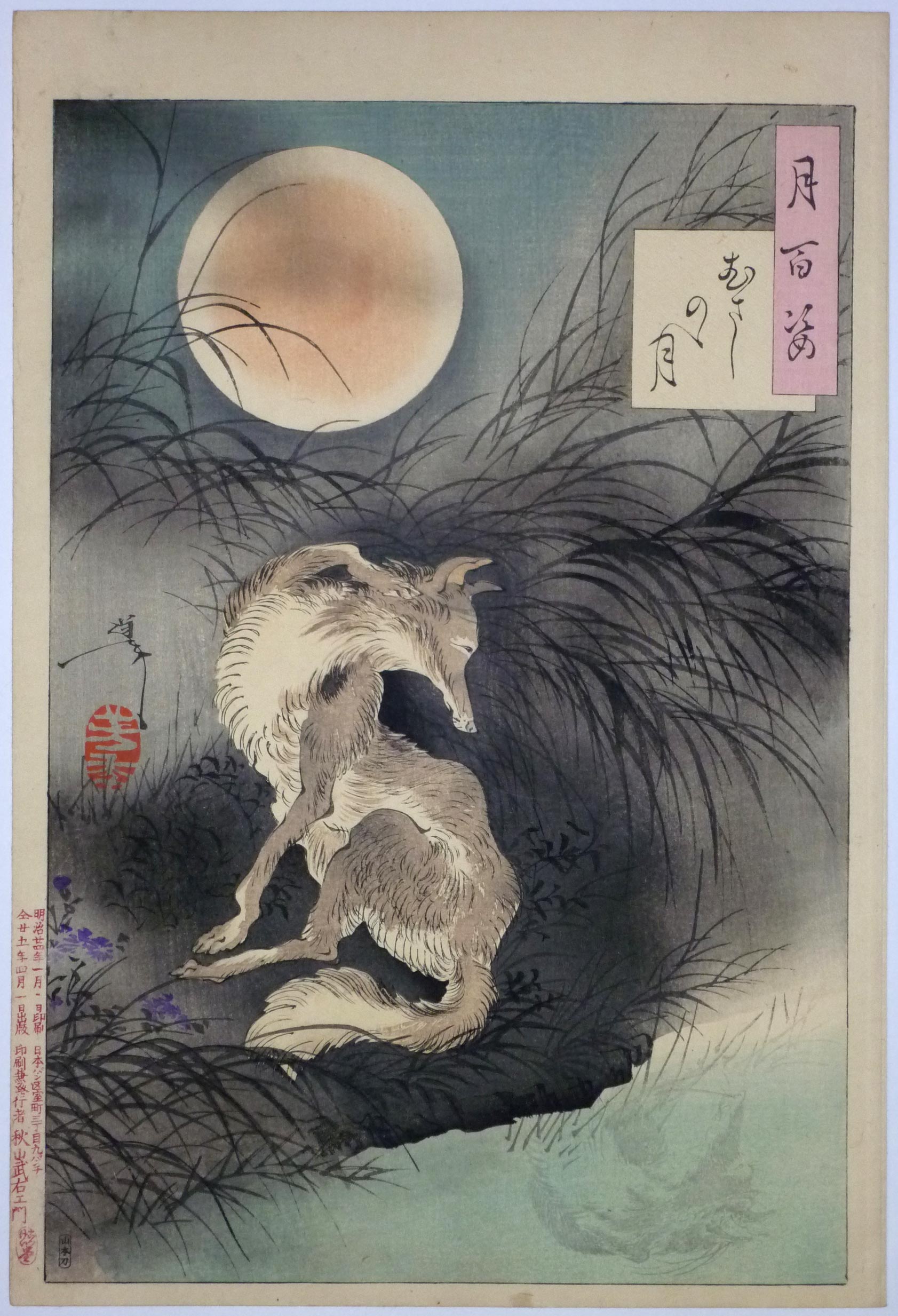|
The Night Parade
''The Night Parade'' (2016) is a juvenile fiction debut novel by Kathryn Tanquary, a middle-grade author and teacher of English as a foreign language in Gunma Prefecture, Japan. Tanquary’s ''The Night Parade'' is reminiscent of the 2001 Japanese anime fantasy film ''Spirited Away'' by Hayao Miyazaki. It has also been likened to Neil Gaiman’s ''Coraline'' and Grimm's fairy tales. Plot Saki Yamamato, a 13-year-old girl, travels with her parents from their home in Tokyo to visit her widowed grandmother in the Japanese countryside for the annual Obon festival. Used to the convenience of always being connected to her friends by cell phone, Saki is horrified when she loses signal in the rural mountain village where her grandmother lives. In an attempt to fit in with a group of local kids, Saki goes to the mountain’s graveyard shrine to ring the sacred bell, and she is plagued with a death curse that she must break in order to save her family and the human world. A series of s ... [...More Info...] [...Related Items...] OR: [Wikipedia] [Google] [Baidu] |
Kathryn Tanquary
Kathryn Tanquary is an American juvenile fiction author who lives and works in Japan. She is from Highlands Ranch, Colorado, and currently works as an editor for Edelman Japan. Tanquary studied creative writing at Knox College, where she graduated from in 2010. At Knox College, she was listed as a distinguished student on the Dean's List and the President's Circle. After attaining her degree, Tanquary taught English as a Foreign Language to middle school students in the Gunma Prefecture of Japan. In college, Tanquary wrote several short stories for adults. She has always been interested in Japanese folklore, which stimulated the concept for her debut novel, a juvenile fiction book titled '' The Night Parade'', which won the 2016 Freeman Book Award for Young Adult/Middle School Literature. Soon after its January 2016 release, the author stated that she plans to release a new middle-grade series as well as an unrelated fantasy novel for adults. She has written columns for '' ... [...More Info...] [...Related Items...] OR: [Wikipedia] [Google] [Baidu] |
Obon
or just is a fusion of the ancient Japanese belief in ancestral spirits and a Japanese Buddhist custom to honor the spirits of one's ancestors. This Buddhist custom has evolved into a family reunion holiday during which people return to ancestral family places and visit and clean their ancestors' graves when the spirits of ancestors are supposed to revisit the household altars. It has been celebrated in Japan for more than 500 years and traditionally includes a dance, known as . The festival of Obon lasts for three days; however, its starting date varies within different regions of Japan. When the lunar calendar was changed to the Gregorian calendar at the beginning of the Meiji era, the localities in Japan responded differently, which resulted in three different times of Obon. Traditionally, Obon was celebrated on the 15th day of the seventh month of the lunar calendar. Obon is now observed during one of the following periods: * July 15 of the Gregorian calendar (Shichig ... [...More Info...] [...Related Items...] OR: [Wikipedia] [Google] [Baidu] |
Literary Agent
A literary agent is an agent who represents writers and their written works to publishers, theatrical producers, film producers, and film studios, and assists in sale and deal negotiation. Literary agents most often represent novelists, screenwriters, and non-fiction writers. Reputable literary agents generally charge a commission and do not charge a fee upfront. The commission rate is generally 15%. Diversity Literary agencies can range in size from a single agent who represents perhaps a dozen authors, to a substantial firm with senior partners, sub-agents, specialists in areas like foreign rights or licensed merchandise tie-ins, and clients numbering in the hundreds. Most agencies, especially smaller ones, specialize to some degree. They may represent—for example—authors of science fiction, mainstream thrillers and mysteries, children's books, romance, or highly topical nonfiction. Very few agents represent short stories or poetry. Legitimate agents and agencies in the ... [...More Info...] [...Related Items...] OR: [Wikipedia] [Google] [Baidu] |
Publishers Weekly
''Publishers Weekly'' (''PW'') is an American weekly trade news magazine targeted at publishers, librarians, booksellers, and literary agents. Published continuously since 1872, it has carried the tagline, "The International News Magazine of Book Publishing and Bookselling." With 51 issues a year, the emphasis today is on book reviews. History Nineteenth century The magazine was founded by bibliographer Frederick Leypoldt in the late 1860s and had various titles until Leypoldt settled on the name ''The Publishers' Weekly'' (with an apostrophe) in 1872. The publication was a compilation of information about newly published books, collected from publishers and from other sources by Leypoldt, for an audience of booksellers. By 1876, ''The Publishers' Weekly'' was being read by nine tenths of the booksellers in the country. In 1878, Leypoldt sold ''The Publishers' Weekly'' to his friend Richard Rogers Bowker, in order to free up time for his other bibliographic endeavors. Augu ... [...More Info...] [...Related Items...] OR: [Wikipedia] [Google] [Baidu] |
Peer Pressure
Peer pressure is a direct or indirect influence on peers, i.e., members of social groups with similar interests and experiences, or social statuses. Members of a peer group are more likely to influence a person's beliefs, values, religion and behavior. A group or individual may be encouraged and want to follow their peers by changing their Attitude (psychology), attitudes, Value (ethics), values or behaviors to conform to those of the influencing group or individual. For the individual affected by peer pressure, this can have both a positive or negative effect on them. Social groups include both ''membership groups'' in which individuals hold "formal" membership (e.g. political parties, trade unions, schools) and cliques in which membership is less clearly defined. However, a person does not need to be a member or be seeking membership of a group to be affected by peer pressure. An individual may be in a crowd, a group of many cliques, and still be affected by peer pressure. Resea ... [...More Info...] [...Related Items...] OR: [Wikipedia] [Google] [Baidu] |
Japanese Culture
Japanese culture has changed greatly over the millennia, from the country's prehistoric Jōmon period, to its contemporary modern culture, which absorbs influences from Asia and other regions of the world. Since the Jomon period, ancestral groups like the Yayoi period, Yayoi and Kofun period, Kofun, who arrived to Japan from Korea and China, respectively, have shaped Japanese culture. Rice cultivation and centralized leadership were introduced by these groups, shaping Japanese culture. Chinese dynasties, particularly the Tang dynasty, have influenced Japanese culture throughout history and brought it into the Sinosphere. After 220 years of isolation, the Meiji era opened Japan to Western influences, enriching and diversifying Japanese culture. Japanese popular culture, Popular culture shows how much contemporary Japanese culture influences the world. Identity There are two competing hypotheses that try to explain the lineage of the Japanese people. The first hypothesis p ... [...More Info...] [...Related Items...] OR: [Wikipedia] [Google] [Baidu] |
IndieBound
The American Booksellers Association (ABA) is a non-profit trade association founded in 1900 that promotes independent bookstores in the United States. ABA's core members are key participants in their communities' local economy and culture, and to assist them ABA creates relevant programs; provides education, information, business products, and services; and engages in public policy and industry advocacy. The Association actively supports and defends free speech and the First Amendment rights of all Americans, without contradiction of equity and inclusion, through the American Booksellers for Free Expression. A volunteer board of 13 booksellers governs the Association. Previously headquartered in White Plains, New York, ABA became a fully remote organization in 2024. In 1947, ABA launched the American Booksellers Association Convention and Trade Show, later known as BookExpo America (though ABA had held conventions as early as 1901). Winter Institute and Children's Institute Th ... [...More Info...] [...Related Items...] OR: [Wikipedia] [Google] [Baidu] |
Night Parade Of One Hundred Demons
Night, or nighttime, is the period of darkness when the Sun is below the horizon. Sunlight illuminates one side of the Earth, leaving the other in darkness. The opposite of nighttime is daytime. Earth's rotation causes the appearance of sunrise and sunset. Moonlight, airglow, starlight, and light pollution dimly illuminate night. The duration of day, night, and twilight varies depending on the time of year and the latitude. Night on other celestial bodies is affected by their rotation and orbital periods. The planets Mercury and Venus have much longer nights than Earth. On Venus, night lasts about 58 Earth days. The Moon's rotation is tidally locked, rotating so that one of the sides of the Moon always faces Earth. Nightfall across portions of the near side of the Moon results in lunar phases visible from Earth. Organisms respond to the changes brought by nightfall: darkness, increased humidity, and lower temperatures. Their responses include direct reactions and adjustme ... [...More Info...] [...Related Items...] OR: [Wikipedia] [Google] [Baidu] |
Hyakki Yagyō
''Hyakki Yagyō'' (, "Night Parade of One Hundred Demons"), also transliterated ''Hyakki Yakō'', is an idiom in Culture of Japan, Japanese folklore. Sometimes an orderly procession, other times a riot, it refers to a parade of thousands of supernatural creatures known as ''oni'' and ''yōkai'' that march through the streets of Japan at night. As a terrifying eruption of the supernatural into the real world, it is similar (though not precisely equivalent) to the concept of wikt:pandemonium, pandemonium in English. Various legends Over more than one thousand years of history, and its role as a popular theme in traditional storytelling and art, a great deal of folklore has developed around the concept, making it difficult if not impossible to isolate any canonical meanings. One legend of recent vintage states that "every year the ''yōkai'' Nurarihyon, will lead all of the ''yōkai'' through the streets of Japan during summer nights." Anyone who comes across the procession would ... [...More Info...] [...Related Items...] OR: [Wikipedia] [Google] [Baidu] |
Bake-danuki
''Bake-danuki'' () are a kind of ''yōkai'' (supernatural beings) found in the classics and in the folklore and legends of various places in Japan, commonly associated with the Japanese raccoon dog or ''tanuki''. Although the tanuki is a real, extant animal, the bake-danuki that appears in literature has always been depicted as a strange, even supernatural animal. In some regions of Japan, ''bake-danuki'' are reputed to have abilities similar to those attributed to kitsune (foxes): they can shapeshift into other things or people, and can possess human beings. Many legends of ''tanuki'' exist in the Sado Islands of Niigata Prefecture and in Shikoku, and among them, like the Danzaburou-danuki of Sado, the Kinchō-tanuki and Rokuemon-tanuki of Awa Province (Tokushima Prefecture), and the Yashima no Hage-tanuki of Kagawa Prefecture, the ''tanuki'' that possessed special abilities were given names, and even became the subject of rituals. Apart from these places, ''tanuki'' are ... [...More Info...] [...Related Items...] OR: [Wikipedia] [Google] [Baidu] |
Tengu
''Tengu'' ( ; , , ) are a type of legendary creature found in Shinto belief. They are considered a type of ''yōkai'' (supernatural beings) or Shinto ''kami'' (gods or spirits). The ''Tengu'' were originally thought to take the forms of bird of prey, birds of prey and a Monkeys in Japanese culture#Religion, monkey deity, and they were traditionally depicted with human, monkey, and avian characteristics. Sarutahiko Ōkami is considered to be the original model of Konoha-Tengu (a supernatural creature with a red face and long nose), which today is widely considered the ''Tengu''s defining characteristic in the popular imagination. He is the Shinto Japanese macaque, monkey deity who is said to shed light on Heaven and Earth. Some experts theorize that Sarutahiko was a sun god worshiped in the Ise Grand Shrine, Ise region prior to the popularization of Amaterasu. Buddhism long held that the ''Tengu'' were disruptive demons and wikt:harbinger, harbingers of war. Their image gradually ... [...More Info...] [...Related Items...] OR: [Wikipedia] [Google] [Baidu] |
Kitsune
The , in popular Japanese tradition, are foxes or fox spirits that possess supernatural abilities such as shapeshifting, and capable of bewitching people. General overview , though literally a 'fox', becomes in folklore a ' fox spirit', or perhaps a type of . They are ascribed with intelligence and magical or supernatural powers, especially so with long-living foxes. The ''kitsune'' exhibit the ability of , or transforming its shape and appearance, like the '' tanuki'' as well as the ability to , i.e. beguile or bewitch; these terms are related to the generic term meaning "spectre" or "goblin". Another scholar ascribes the ''kitsune'' with being a "disorienting deity" (that makes the traveler lose his way) and such capabilities were also ascribed to badgers (actually '' tanuki'' or raccoon dog) and occasionally to cats (cf. '' bakeneko''). The archetypal method by which the ''kitsune'' tricks () humans is to lead them astray, or make them lose their way. The experiences ... [...More Info...] [...Related Items...] OR: [Wikipedia] [Google] [Baidu] |






